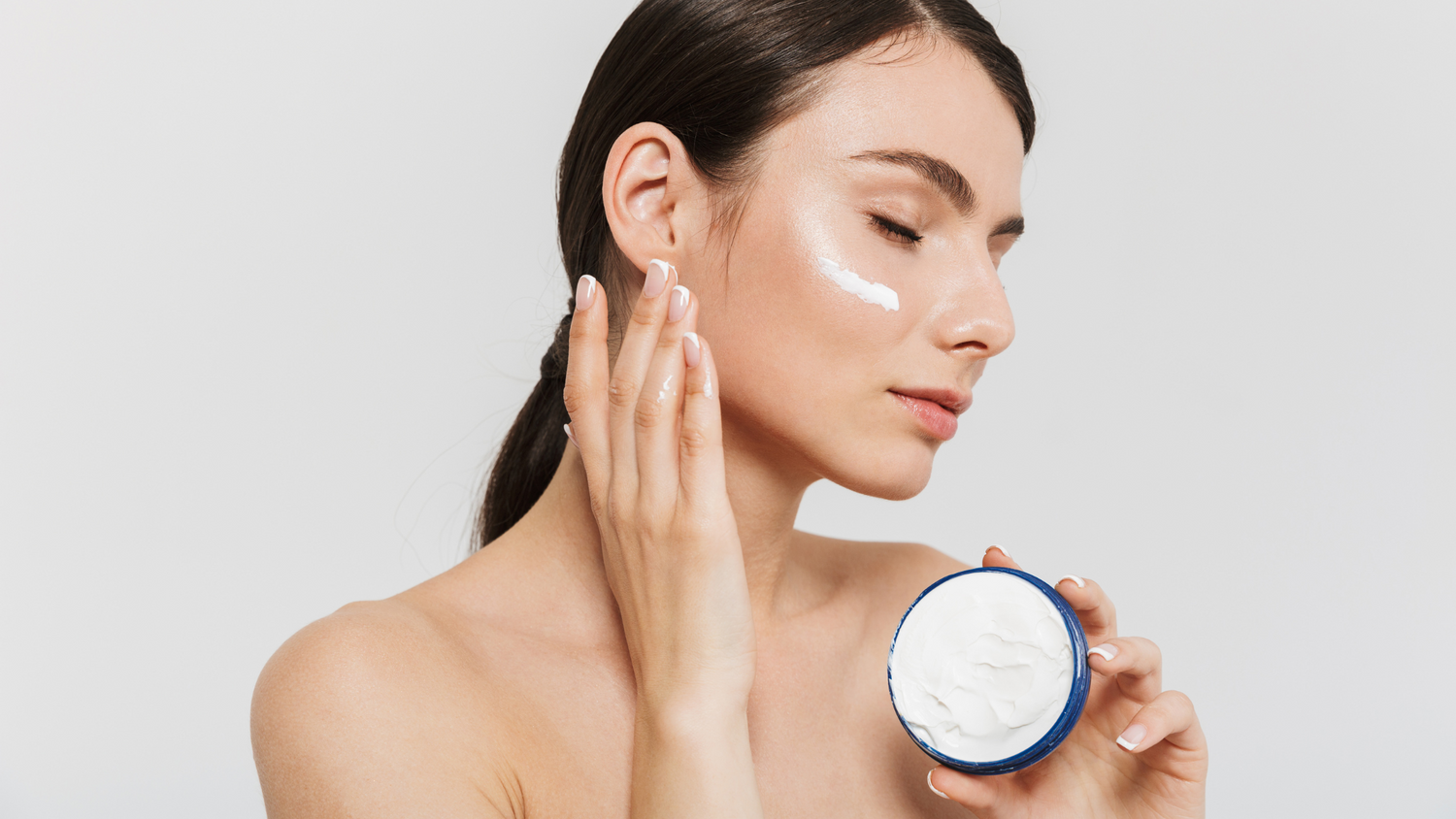Sensitive skin doesn’t always scream for attention. Sometimes, it whispers through dryness, tightness or that sudden sting when you least expect it.
The truth is, sensitivity isn’t always about redness or allergies. It’s about your skin barrier being just a little too reactive and often, the signs are easy to miss. Let’s decode what your skin’s been trying to tell you.
What Is Sensitive Skin?
Sensitive skin isn’t a skin type it’s a condition. It means your skin is more reactive than usual, especially when the protective barrier is compromised. It can happen to oily, dry, combination, or acne-prone skin. And it’s more common than you’d think.
Changes in the weather, harsh products, pollution, or even stress can weaken your skin’s defenses leaving it open to irritation, dryness, or inflammation. The result? Skin that feels off, even if it doesn’t look it.
Subtle Signs You Might Be Overlooking
You don’t need visible redness or constant breakouts to know something’s wrong. Here are the early, easy-to-ignore signs of sensitivity:
1. Tightness after cleansing
Your skin feels squeaky clean or stretched right after washing a sign that your natural oils are being stripped away.
2. Stinging with new products
Even “gentle” serums or moisturizers can cause tingling or mild burning? That’s not normal it's irritation.
3. Flaky patches
If your skin is peeling or flaking in some areas while still feeling greasy elsewhere, it’s a barrier imbalance.
4. Frequent flushing or heat
Does your face turn red easily after hot water, sun, or spicy food? That’s a hyperactive inflammatory response.
5. Mini breakouts that itch
Small, itchy bumps not typical pimples can be caused by irritation, not clogged pores and your skin is trying to fight back.
6. Makeup doesn’t sit right
Foundation clings to dry spots, looks patchy, or causes stinging? That’s your barrier reacting to even mild ingredients.
7. Itchiness without a cause
No new products, no allergens but your skin still feels itchy or inflamed? A damaged microbiome could be the reason.
What’s Really Going On With Your Skin?
The root cause of most skin sensitivity? A weakened skin barrier. When your barrier is compromised:
-
Moisture escapes too quickly
-
External irritants (pollution, bacteria, harsh ingredients) get in
-
Your skin becomes more prone to inflammation and flare-ups
A healthy barrier keeps everything in balance. Without it, even the calmest skin can start to act out.
How to Support Sensitive Skin Without Overdoing It
The key isn’t using more products it’s using the right ones. Here’s how to take care of sensitive skin gently and effectively:
1. Stick to barrier-friendly cleansers
Avoid foaming or alcohol-heavy face washes. Go for pH-balanced, microbiome-safe options that clean without stripping.
2. Go fragrance-free
Fragrance may smell good, but it’s one of the most common irritants especially in sensitive skin.
3. Moisturize no matter what
Even oily or breakout-prone skin needs moisture. Look for lightweight, non-comedogenic hydrators that support the barrier.
4. Use minimal, targeted actives
Start slow with ingredients like Niacinamide or Ceramides that repair and calm skip the high-concentration exfoliants for now.
5. Protect with SPF daily
Sun exposure worsens barrier damage. Always finish your routine with a broad-spectrum sunscreen that’s non-irritating.
How the Microbiome Plays a Key Role
The microbiome is a layer of good bacteria that protects your skin from outside stressors. When it’s healthy, your skin stays balanced. When it’s disrupted (from harsh products, over-washing, or antibiotics), irritation becomes more common.
That’s why microbiome-friendly skincare is becoming a game-changer it doesn’t just treat the symptoms, it strengthens your skin from within.
Conclusion
When your skin starts to feel tight, stingy, or just generally unsettled, it’s not overreacting it’s responding to something it doesn’t like. These early signs of sensitivity are your skin’s way of asking for a little extra care. A gentle, consistent routine that supports your barrier and keeps irritants out can make all the difference. Because when your skin feels calm, everything else just falls into place.




